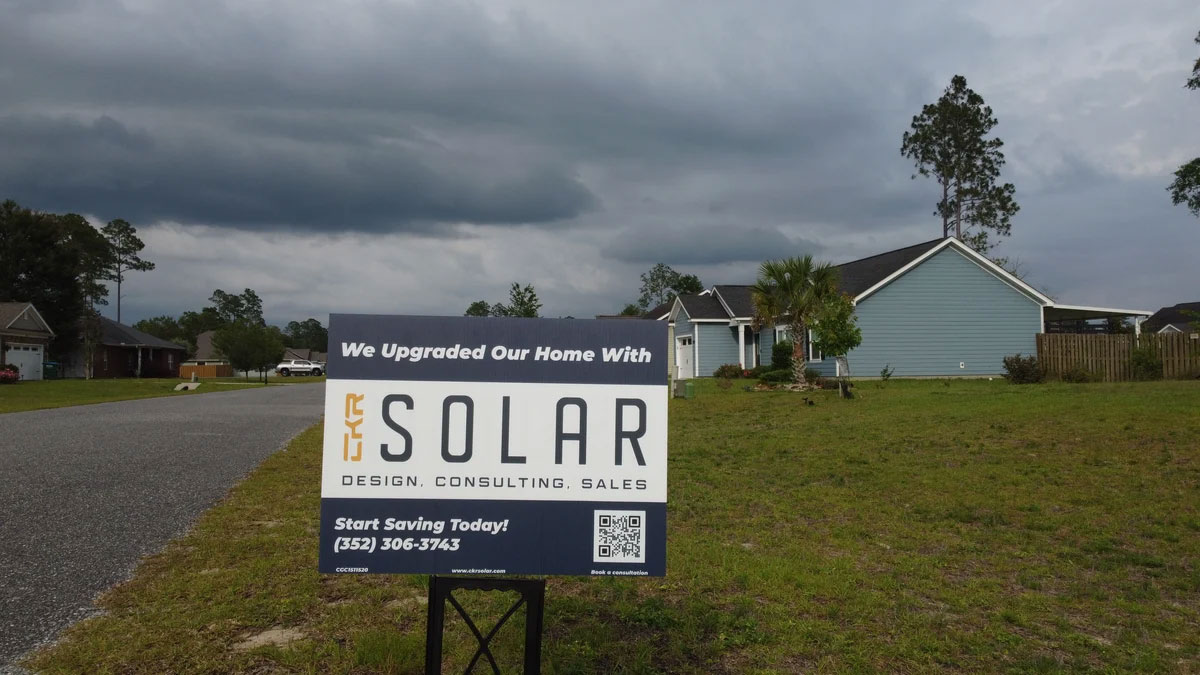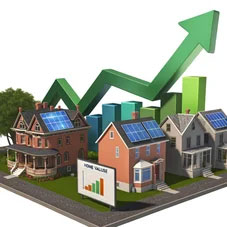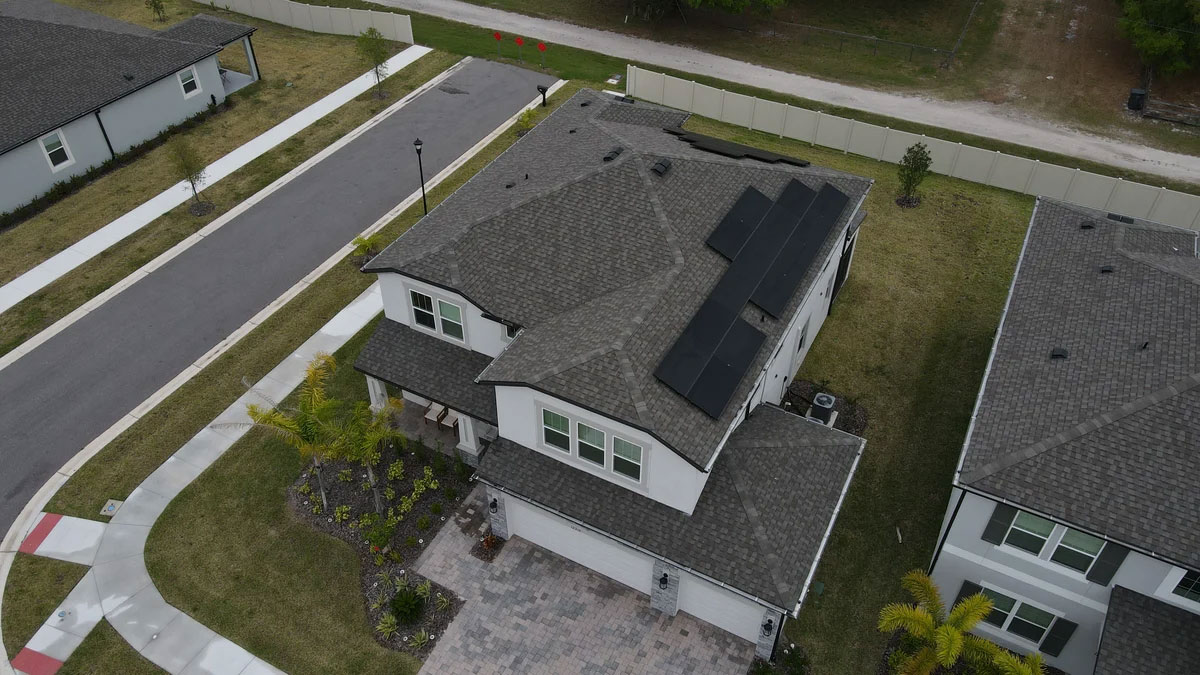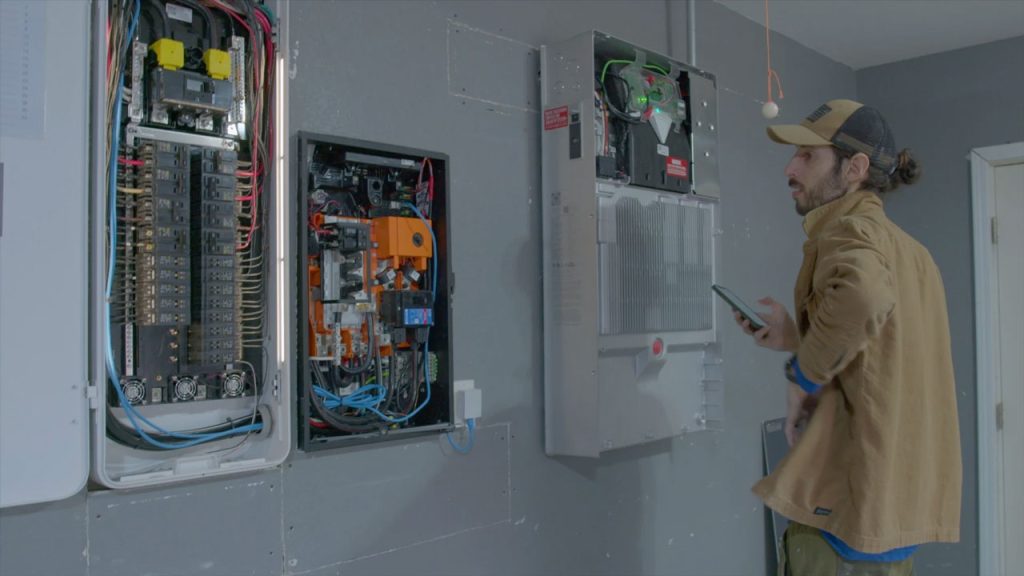This post looks at the reasons as to why owning a solar system has long term benefits. We will also take a look at leasing and some of the benefits and pitfalls of solar as a service.
Introduction
As the popularity of solar power started to grow many solar companies opted to offer their customers different ways of purchasing their solar systems. While traditionally a system could be purchased outright, this was cost-prohibitive for some. And so the power purchase agreement (PPA) and the solar lease were developed. More often these are now sold as ‘solar as a service’ type deals. While there are some benefits to these types of ownership, there can be some significant pitfalls namely to do with the challenges in maintenance and upkeep, and the long term costs of these types of systems. Ownership remains the best value for homeowners and we will explore the reasons why.
Long-Term Savings
While leasing may seem like a convenient option upfront, it often results in higher long-term costs. With ownership, customers can take advantage of various financial incentives, including tax credits and rebates, which are not available for leased systems. Additionally, once the system is paid off, owners enjoy free electricity generated by their solar panels, leading to significant savings over time.
As cash flow dried up and companies folded, the fate of leased solar systems fell into uncertainty, leaving homeowners stranded without support.
Increased Property Value: Unlike leased panels, owned solar systems can significantly enhance the value of a property. According to studies, homes with solar panels sell faster and at a higher price than those without. However, leased panels can complicate the selling process and deter potential buyers, as they may be hesitant to take over the lease or negotiate terms with the leasing company.
Flexibility and Control: Ownership provides customers with the flexibility to customize their solar systems according to their needs and preferences. They can choose the type of panels, inverters, and other components that best suit their requirements. Additionally, owners have full control over their systems, allowing them to make adjustments or upgrades as technology advances.
 At CKR Solar, we understand the importance of transparency, reliability, and customer satisfaction. That’s why we focus on offering ownership options that empower our clients to harness the benefits of solar energy without compromising on quality or financial stability. With our expertise and commitment to excellence, we ensure that each customer receives a tailored solar solution that delivers long-term value and sustainability.
At CKR Solar, we understand the importance of transparency, reliability, and customer satisfaction. That’s why we focus on offering ownership options that empower our clients to harness the benefits of solar energy without compromising on quality or financial stability. With our expertise and commitment to excellence, we ensure that each customer receives a tailored solar solution that delivers long-term value and sustainability.
Incentives and Tax Credits
Tax Credits:
Federal Investment Tax Credit (ITC): One of the most substantial incentives for solar energy installation is the Federal ITC, which allows homeowners to deduct 30% of the cost of installing a solar energy system from their federal taxes. However, with leased solar panels, the leasing company typically retains ownership of the system, making them eligible for claiming the tax credit rather than the homeowner. With the emergence of in house US solar companies, solar customers may be eligible for a 40% domestic tax credit. This may be applicable if all materials used in a project are sourced and produced within the United States.
State and Local Tax Credits: Similar to the Federal ITC, many states and local governments offer their own tax credits or rebates for solar energy installations. Again, in the case of leased panels, these credits may go to the leasing company rather than the homeowner, as they technically own the system.
Leasing and Continuous Payments:
In contrast, leasing solar panels often entails a different financial arrangement. While there may be little to no upfront cost for installation, homeowners enter into a long-term lease agreement with fixed monthly payments. These lease payments typically continue for the duration of the lease term, which can range from 15 to 20 years or more. Additionally, lease agreements commonly include escalator clauses, which stipulate that payments increase annually by a predetermined percentage, often around 2% to 4%.
As a result, while leasing may provide immediate savings on electricity bills, homeowners face the prospect of continuously increasing payments over time, eroding potential long-term savings compared to owning the system outright.
 Increased Property Value with Ownership:
Increased Property Value with Ownership:
Homeowners who opt to own their solar panels typically experience a significant increase in their property’s value. Studies have consistently shown that homes with solar panel installations sell faster and at higher prices than those without.
The presence of owned solar panels is perceived as a desirable feature by homebuyers, as it signifies energy independence, sustainability, and reduced utility costs. Appraisers often take solar installations into account when assessing a property’s value, leading to higher appraisals and resale values.
In contrast, leased solar panels may not contribute as positively to property value. Potential buyers may be deterred by the complexities of assuming the lease or negotiating terms with the leasing company, potentially impacting the resale value and marketability of the home.
Control Over Energy Bills:
Ownership of solar panels empowers homeowners with greater control over their energy bills. By generating their own electricity from solar energy, homeowners can significantly reduce or even eliminate their reliance on grid-supplied electricity, thereby mitigating the impact of utility rate fluctuations.
With ownership, homeowners can accurately predict and budget for their energy costs over the long term, as they are not subject to the uncertainties of escalating lease payments. Once the system is paid off, homeowners enjoy virtually free electricity for the remainder of the system’s lifespan, providing stable and predictable energy expenses. Additionally, homeowners have the flexibility to customize their solar systems according to their energy needs and preferences, further optimizing energy production and cost savings.
 Conclusion
Conclusion
At CKR Solar, we’ve witnessed the pitfalls of leasing solar panels firsthand. Companies offering leasing options often struggle to maintain quality service, leaving homeowners stranded without adequate support. That’s why we’ve made a deliberate choice to prioritize ownership over leasing, ensuring that our customers receive the best possible solar solutions. We believe that going solar is always more beneficial than sticking with traditional utility companies. However, ownership stands out as the superior option when financially feasible. The benefits of ownership far outweigh those of leasing, which is why we exclusively offer ownership options to our valued customers.
